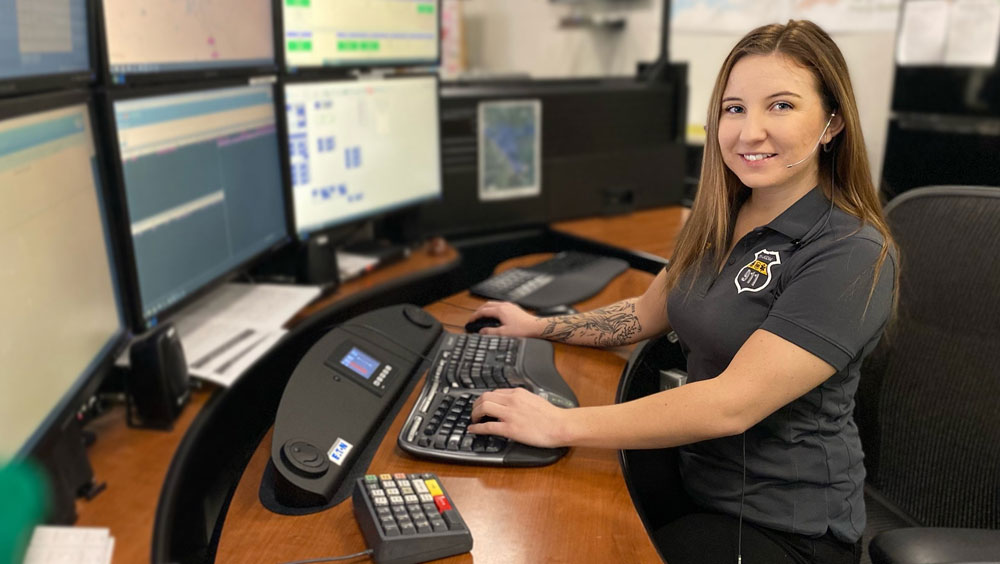Have you ever wondered, how do you become a 911 dispatcher? Emergency dispatchers play a critical role in public safety, handling life-or-death situations every day. This high-stakes career requires a unique blend of calm under pressure, quick decision-making, and excellent communication skills. Whether you’re just starting or considering a career change, this guide walks you through every step to become a certified 911 dispatcher and make a difference in your community.
Understanding The Role Of A 911 Dispatcher
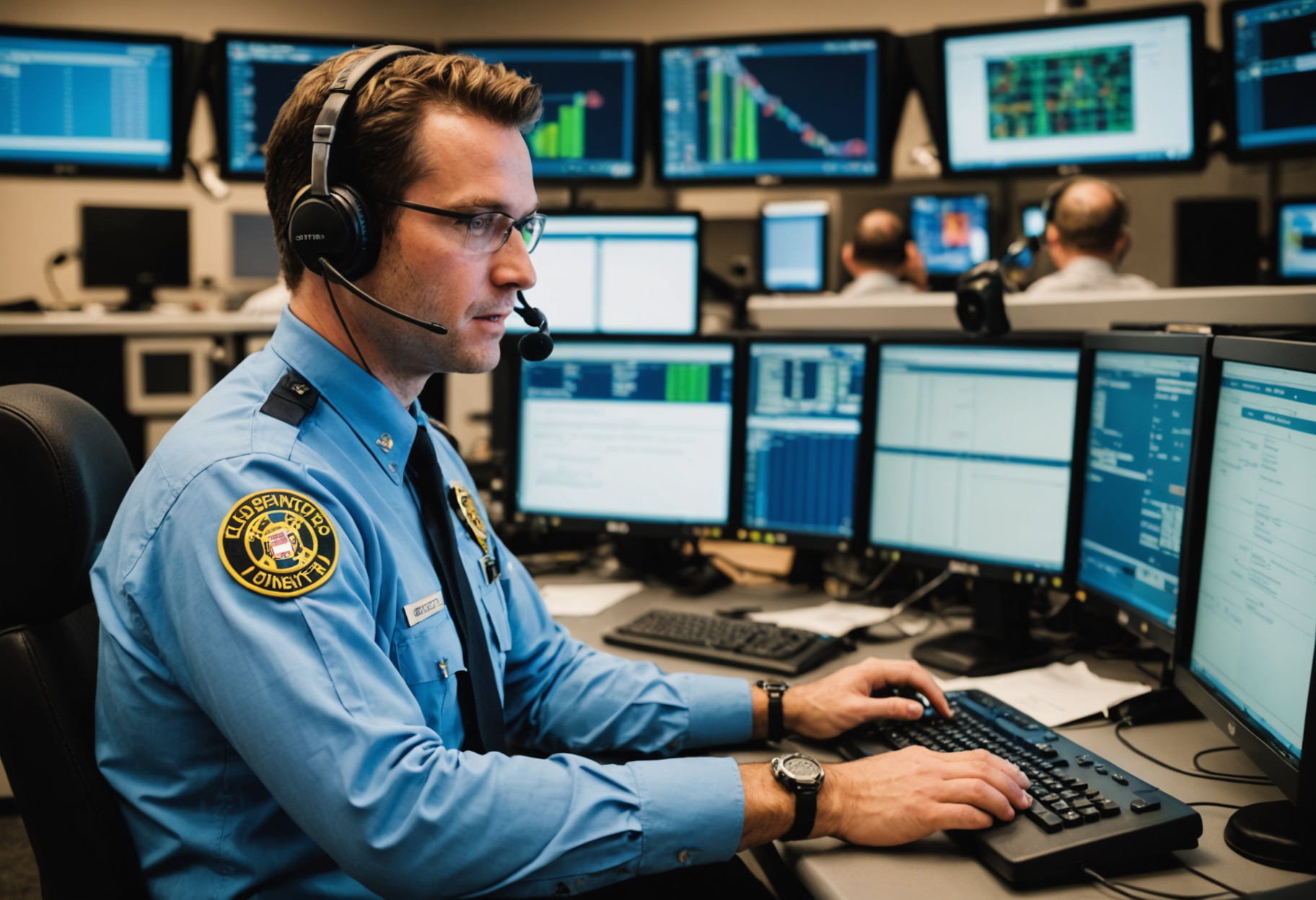
Before asking 'how do you become a 911 dispatcher,' it's important to understand what the job entails. A 911 dispatcher is the first point of contact during emergencies, responsible for answering calls, dispatching law enforcement or medical services, and giving life-saving instructions while help is on its way. The job requires emotional resilience, multi-tasking abilities, and a strong desire to help others.
Educational Requirements For 911 Dispatchers
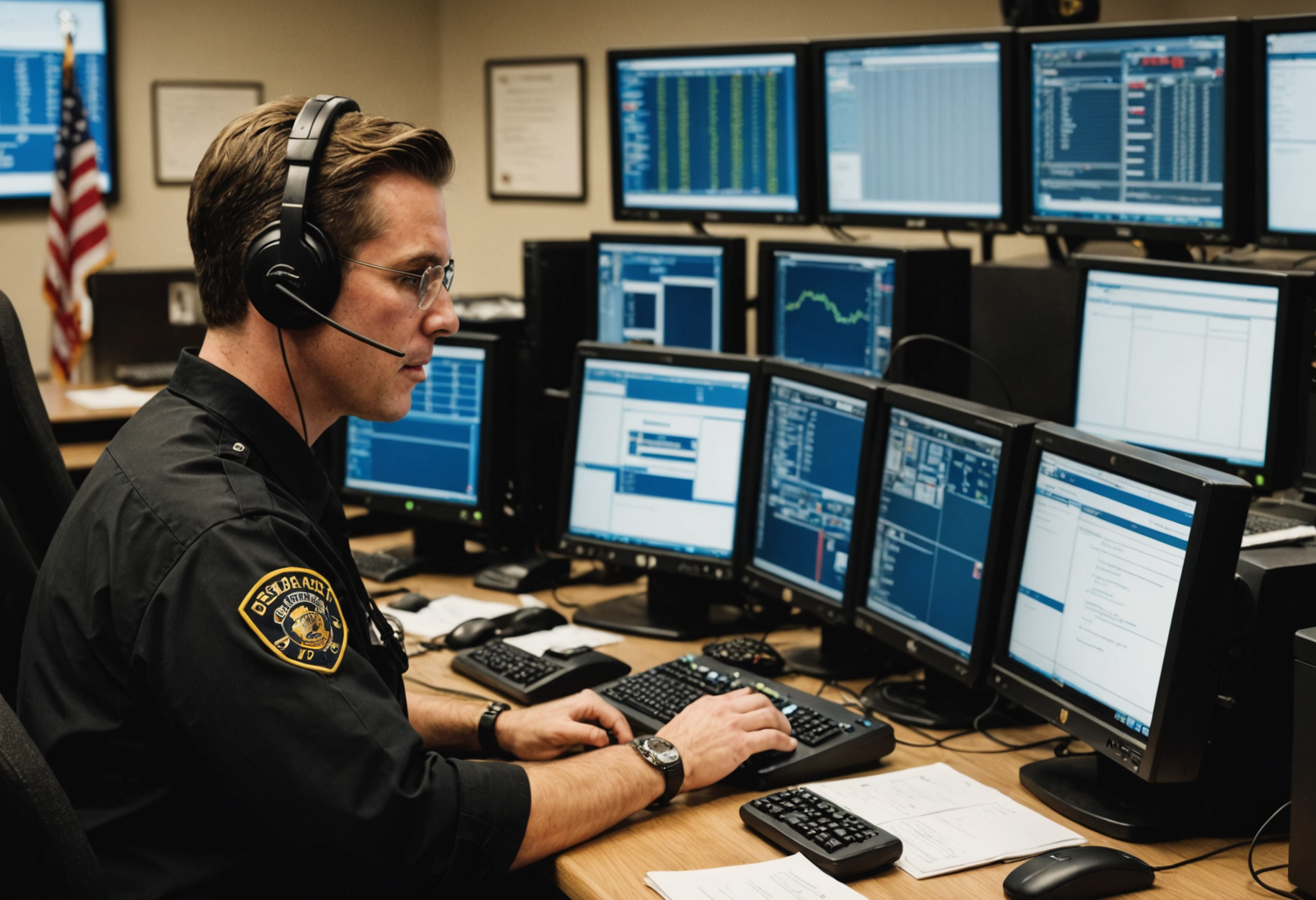
To become a 911 dispatcher, most agencies require at least a high school diploma or GED. Some jurisdictions may prefer candidates with an associate's or bachelor’s degree in criminal justice, communications, or a related field. Understanding basic geography and typing skills are also essential, as they help with rapid, accurate information gathering and data entry during calls.
Essential Skills And Personal Traits
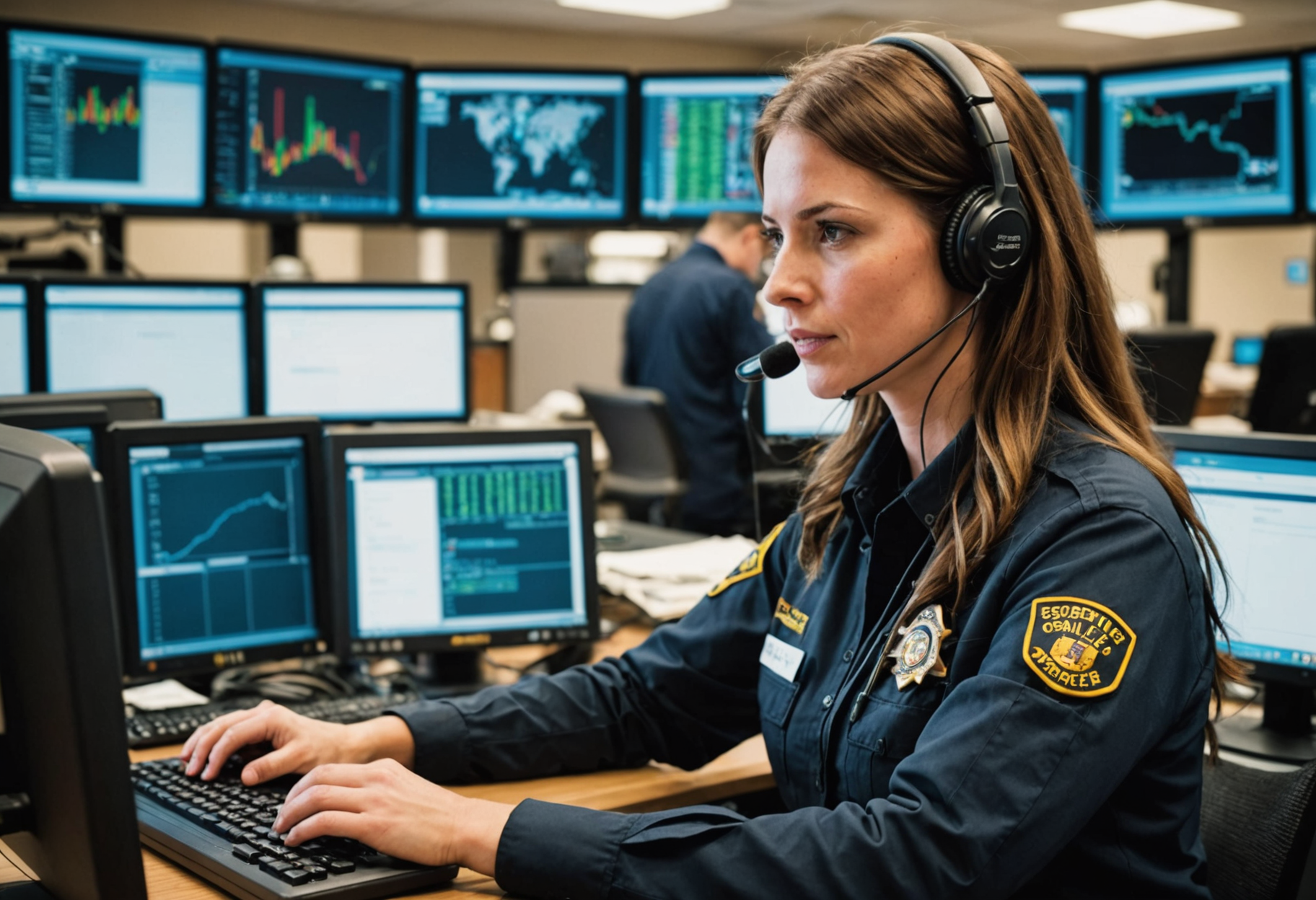
How do you become a 911 dispatcher if you’re not naturally calm in emergencies? Emotional stability, quick thinking, and excellent communication skills are critical in this profession. A dispatcher must remain focused under pressure, have a clear speaking voice, and use critical thinking to prioritize life-threatening situations. Teamwork and empathy are also vital traits.
Completing The Application Process
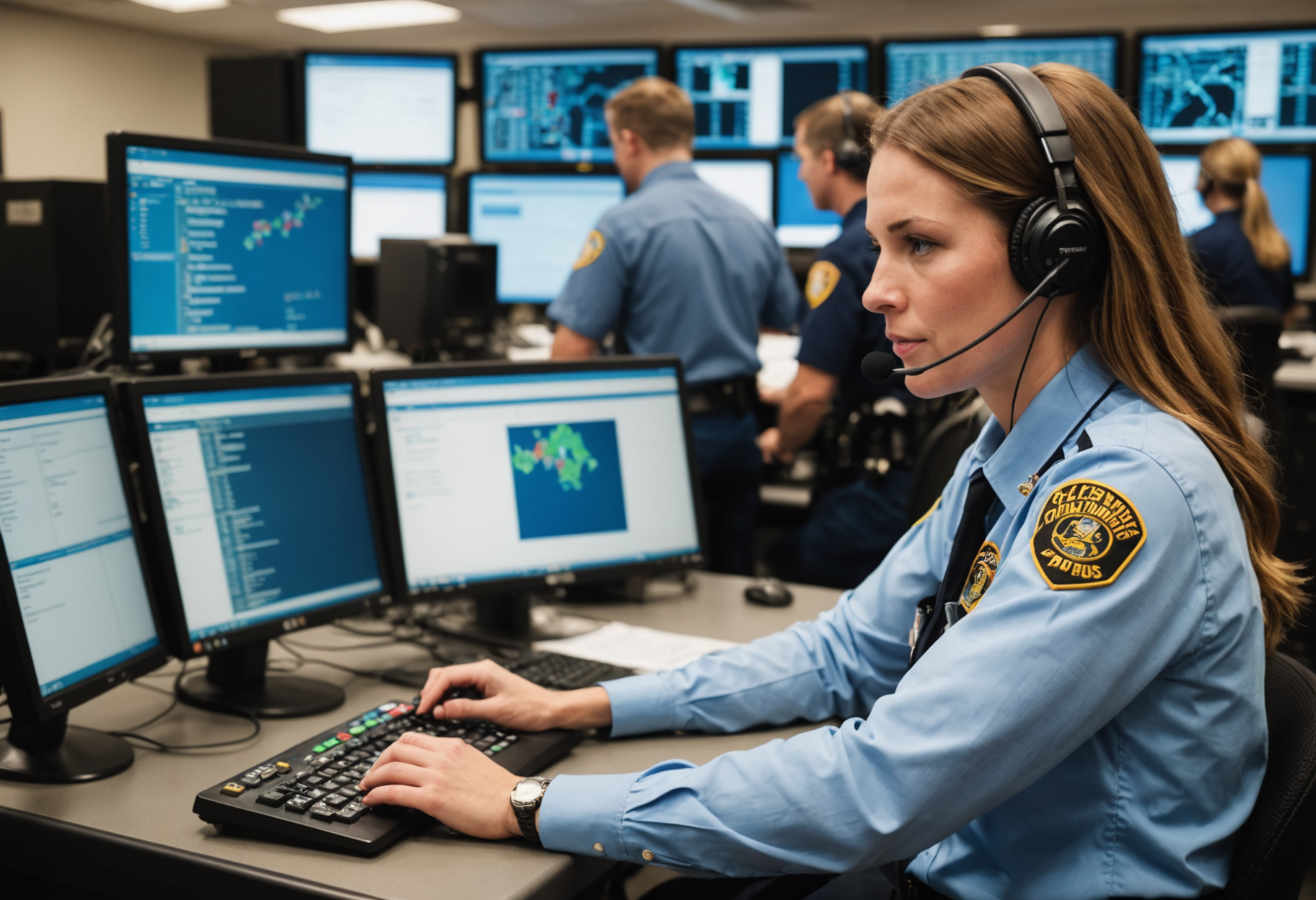
Once you've met the basic qualifications, the next step in becoming a 911 dispatcher is applying to open positions at local or state emergency call centers. The selection process typically includes a written test, a typing test, psychological evaluation, background check, and often, a panel interview. Agencies look for candidates who show responsibility, sound judgment, and trustworthiness.
Training And Certification
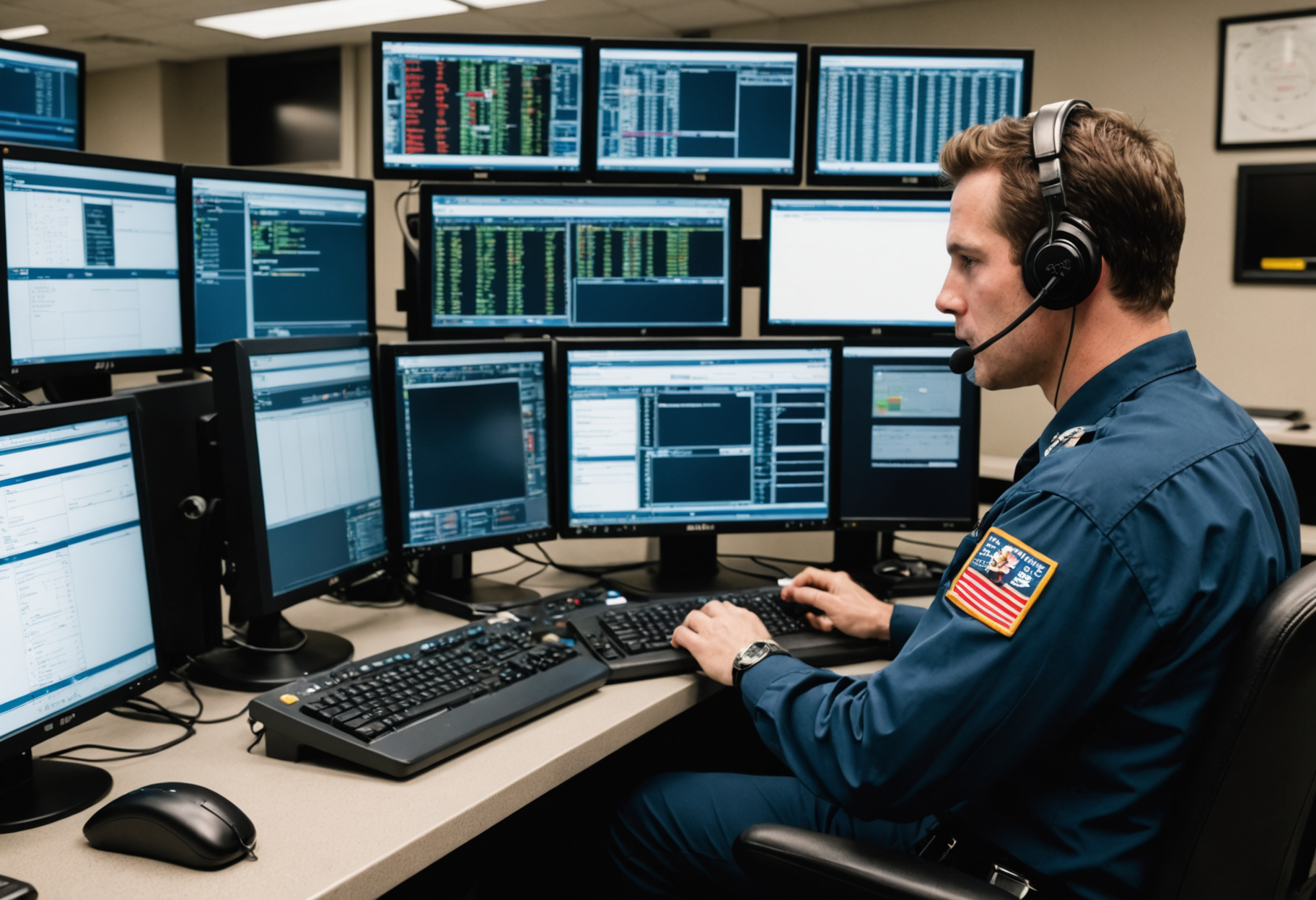
How do you become a 911 dispatcher after being hired? New hires must complete a training program, which can last several weeks or months, depending on the state's requirements. Training includes classroom instruction, simulated emergency scenarios, and on-the-job experience with a qualified trainer. Certifications such as CPR, Emergency Medical Dispatch (EMD), and state-specific licensing may also be required.
Technology And Equipment Know-How
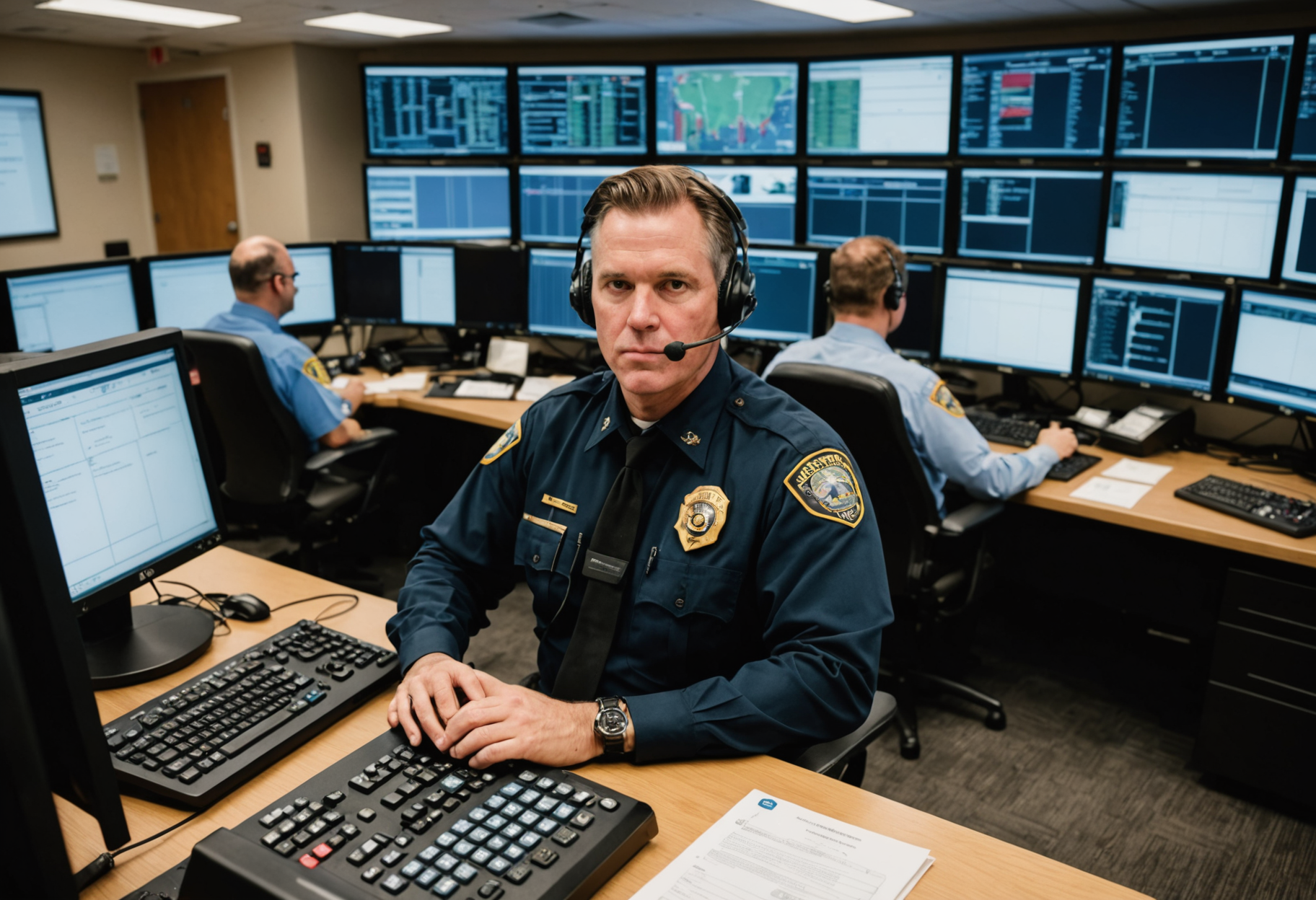
Modern 911 dispatchers use sophisticated technology to manage emergency situations. Familiarity with computer-aided dispatch (CAD) systems, radio communication tools, and mapping software is essential. Dispatchers must quickly input and retrieve information while coordinating with public safety officials. Being tech-savvy can improve response times and save lives.
Physical And Mental Health Requirements
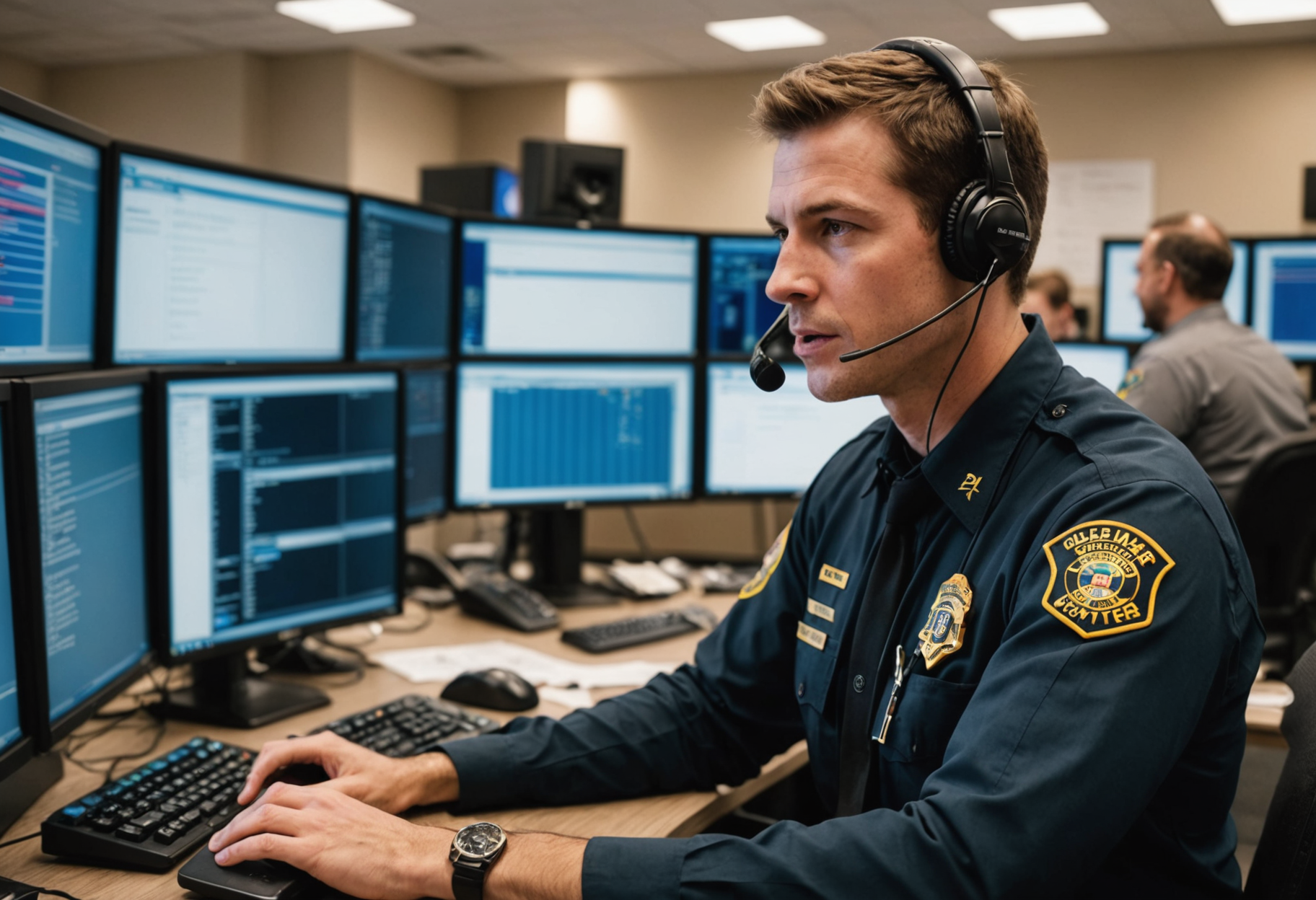
Being a 911 dispatcher can be mentally taxing. Many agencies assess physical and psychological fitness as part of their hiring process. Maintaining mental health is crucial, as dispatchers may be exposed to traumatic situations repeatedly. Agencies often offer counseling and other support services. Regular stress management practices can help you stay resilient in this high-pressure career.
Advancement Opportunities In The Field
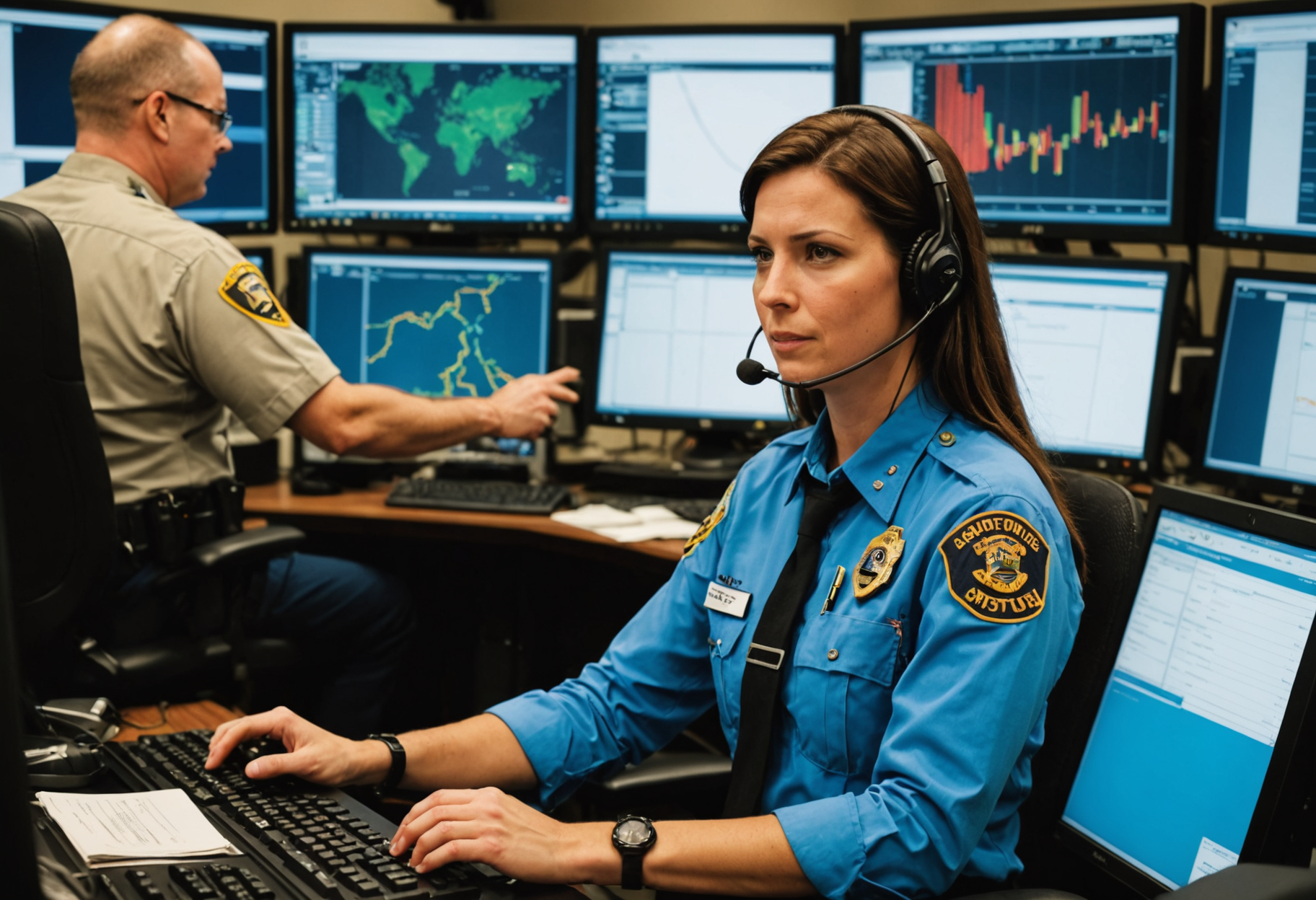
If you're wondering how do you become a 911 dispatcher and advance your career, there are several paths forward. With experience, dispatchers can be promoted to supervisory roles, training officers, or even center directors. Additional certifications and specialized training can open doors to higher-paying positions and increased responsibilities within the public safety system.
Staying Updated And Continuing Education
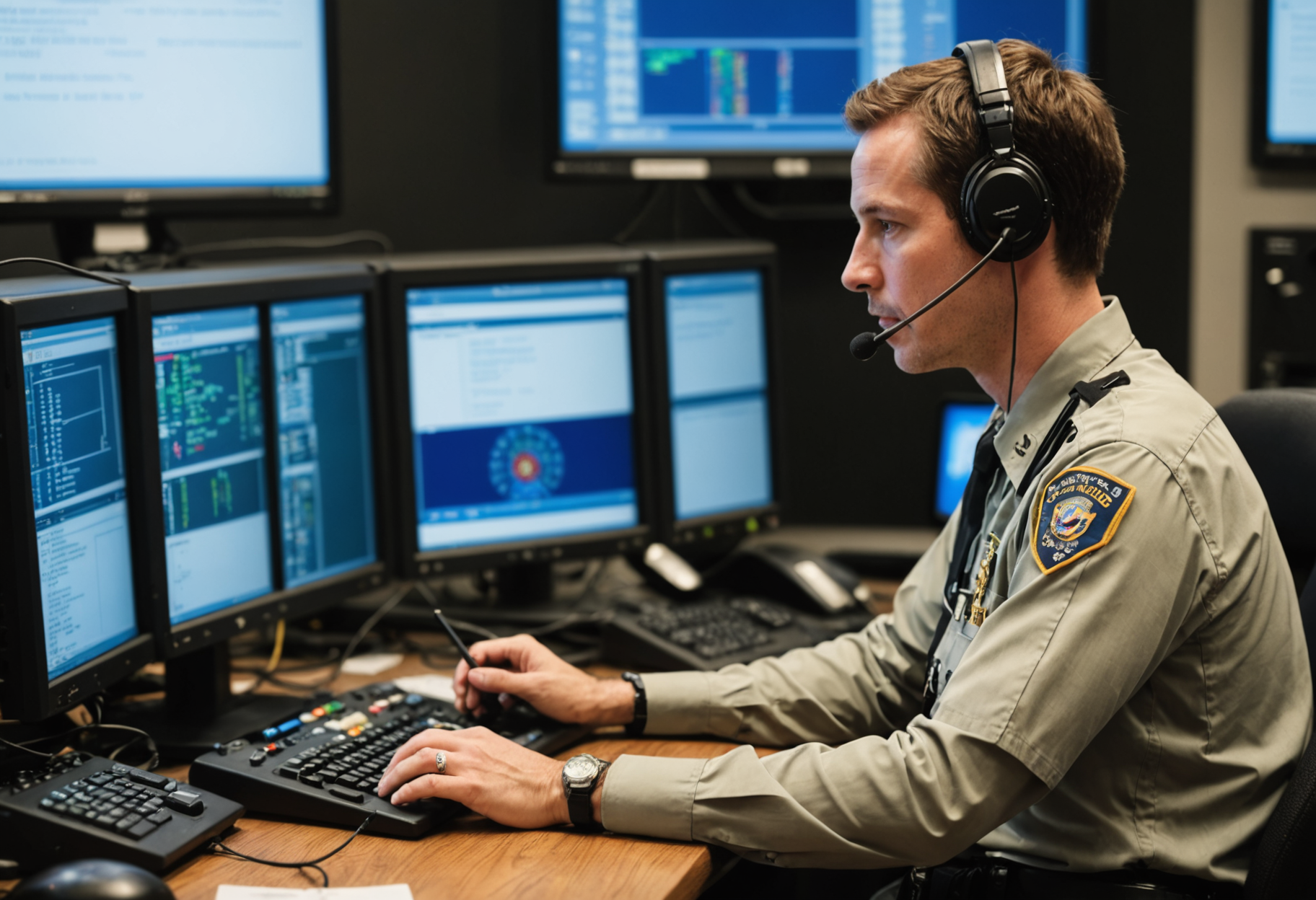
Ongoing education is key to staying effective as a 911 dispatcher. Technology and emergency protocols evolve, requiring dispatchers to attend periodic training and re-certification courses. National organizations like APCO and NENA offer workshops and seminars that keep you updated on best practices. Continuing education ensures you remain confident and competent in your role.
In conclusion, if you're asking, 'how do you become a 911 dispatcher,' the path involves meeting educational requirements, developing essential skills, and undergoing rigorous training. It’s a demanding but deeply rewarding career that places you at the heart of emergency response. With the right preparation and dedication, you can step into this crucial role and make a meaningful impact on your community every single day.

